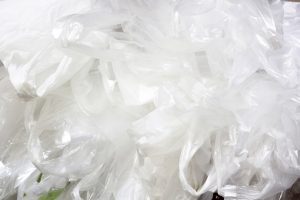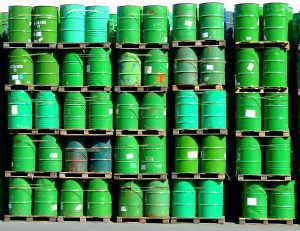
Michael Stephen, Oxo-biodegradable Plastics Association
Recyclers depend for their survival on demand for plastic products made with their recyclate, but plastic is under attack from environmentalists, and line after line – and sometimes whole factories – are closing.


 Over the past month, recovered PET and film values have fallen, but HDPE grades have seen slight increases.
Over the past month, recovered PET and film values have fallen, but HDPE grades have seen slight increases. Earlier this year, ABC, the national government broadcaster in Australia, ran a series of programs called “War on Waste.” These shows were dedicated to putting the huge amount of waste generated in the forefront of people’s thinking.
Earlier this year, ABC, the national government broadcaster in Australia, ran a series of programs called “War on Waste.” These shows were dedicated to putting the huge amount of waste generated in the forefront of people’s thinking. We’re planning to go to Mars. Not tomorrow, but someday. Hopefully soon.
We’re planning to go to Mars. Not tomorrow, but someday. Hopefully soon.